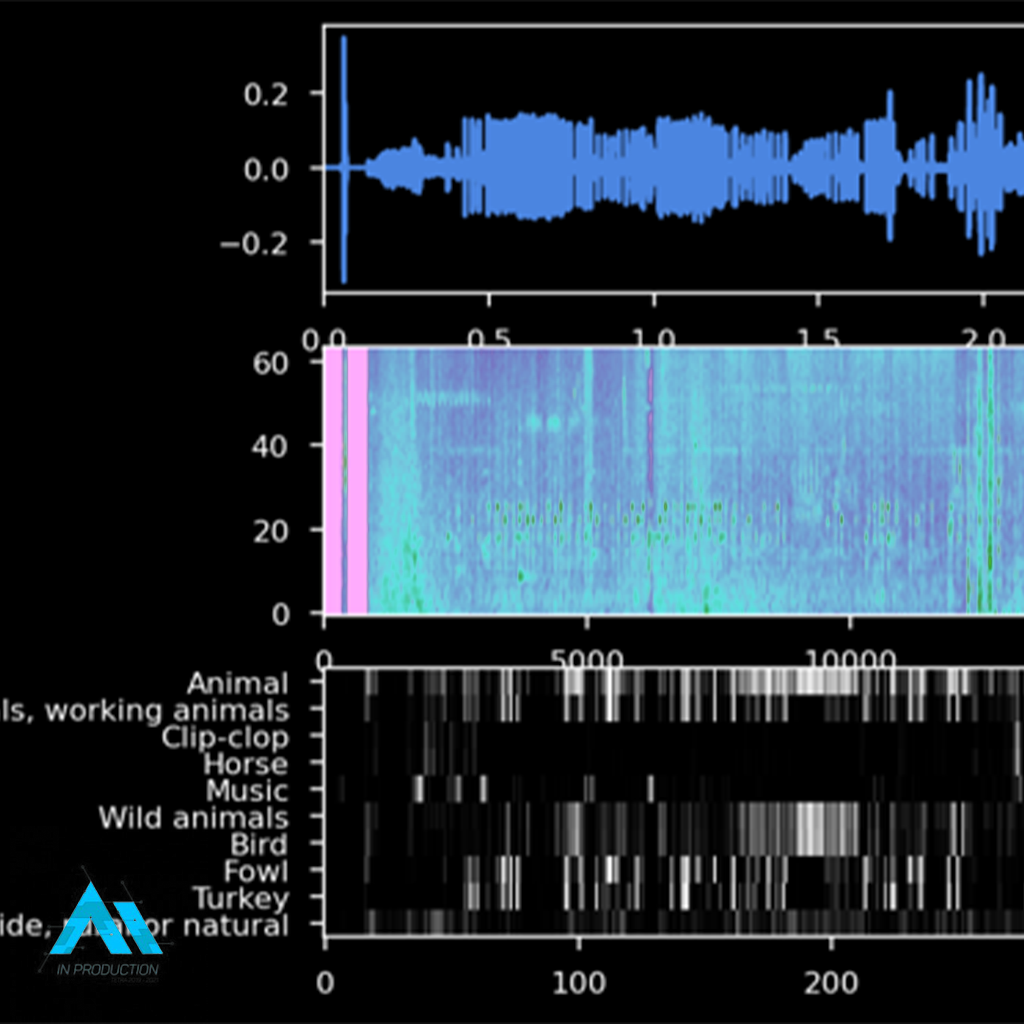Audio in Games

Audio is an essential element to the success of any game. It provides an immersive experience that can make the difference between the player enjoying a game or becoming frustrated and giving up.
Delayed, missing or incorrect sound effects can seriously affect the immersion of the game. Additionally, inconsistent, or sudden changes in volume of the background music can break immersion.
With this use case we want to investigate what the impact of AI for audio in games can be, and if problems such as error detection in sound effects and music can be addressed.
This may or may not bother players while playing, however, the right sound effects or background music can set the atmosphere while playing a game. Additionally, audio is an important element in determining what is happening in the game at any given moment. This can be illustrated by moments such as enemies sneaking up on you from the side, giving them the advantage to attack.
Unfortunately, audio issues still exist in games. They can be caused by several factors, including code changes, assets that are not properly optimized, or simply the way the game is played. We refer to these as bugs.
Actively detecting audio bugs requires quite some time. Furthermore, these are sometimes overlooked because game testers give a lower priority to audio. For example, people sometimes test without their headphones or with the volume set to 0, because detecting graphical and functional bugs involves a lot of repetition, which means that sound effects are also played ad nauseum.
In this use case, we explore ways to automatically detect audio bugs during development. This can help you identify and resolve them before they cause problems for the players. However, we’ll ignore the more nuanced challenges with audio, as detecting technical things like room temperature are too niche to delve into further.


